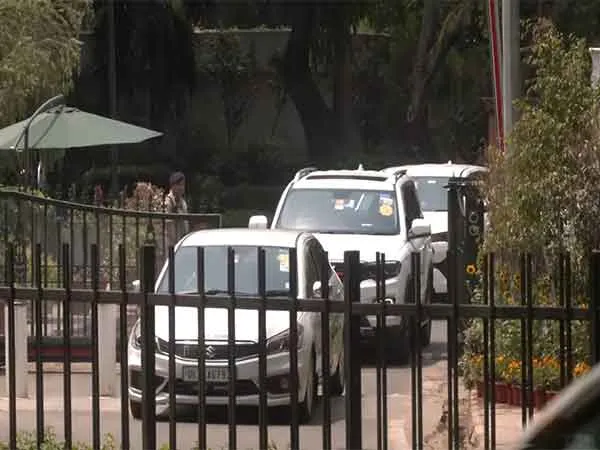In response to the deadly Pahalgam terrorist attack, the Indian government has initiated a broader strategic and diplomatic shift. Prime Minister Narendra Modi chaired a series of high-level meetings at his residence, including the Cabinet Committee on Security (CCS), the Cabinet Committee on Political Affairs (CCPA), and the Cabinet Committee on Economic Affairs (CCEA). The CCS meeting, held for the second time since the attack, focused not just on immediate security preparedness but also on long-term national response mechanisms. A full cabinet briefing has been scheduled for 3:00 PM, signaling continued momentum in high-level policy deliberations.
Things Happening Alongside
Indus Water Treaty Suspension Marks Strong Diplomatic Signal
Following the CCS’s review of the cross-border elements of the Pahalgam attack, the government decided to suspend the Indus Water Treaty. The CCS had previously condemned the attack, which killed 25 Indians and one Nepali citizen, and acknowledged the timing of the violence amidst electoral and economic progress in the Union Territory. The suspension of the treaty serves as a strong diplomatic signal to Pakistan. Government sources confirmed that the move directly addresses Pakistan’s alleged support for cross-border terrorism and represents a broader recalibration of India’s bilateral approach.
Modi Grants Armed Forces Full Autonomy for Response
On Tuesday, Prime Minister Modi convened a focused meeting with India’s defence leadership. Defence Minister Rajnath Singh, Chief of Defence Staff General Anil Chauhan, and the three service chiefs attended. Modi stated, “The Indian Armed Forces have complete operational freedom to decide on the mode, targets, and timing of India’s response.” This declaration reflects a shift in military engagement policy, aimed at empowering field leadership. Modi also expressed complete confidence in the Armed Forces’ professionalism. The move positions the military for flexible, targeted responses without the need for tactical-level political clearance.
Security Doctrine Evolves as India Calibrates Long-Term Strategy
Top defence leaders, including Army Chief General Upendra Dwivedi, Navy Chief Admiral Dinesh K. Tripathi, and Air Chief Marshal Amar Preet Singh, joined the high-level review. National Security Advisor Ajit Doval also attended. The meetings extended beyond immediate response plans, indicating a longer-term recalibration of India’s national security doctrine. Officials reviewed intelligence inputs, discussed strategic deterrence, and outlined future defence priorities. The government’s consistent message—zero tolerance for terrorism—now aligns with broader strategic recalibrations on both diplomatic and military fronts.
(With Inputs From ANI)
Also Read: The Cabin Committee On Security Meets Again As India Prepares Response To Pahalgam Attack























